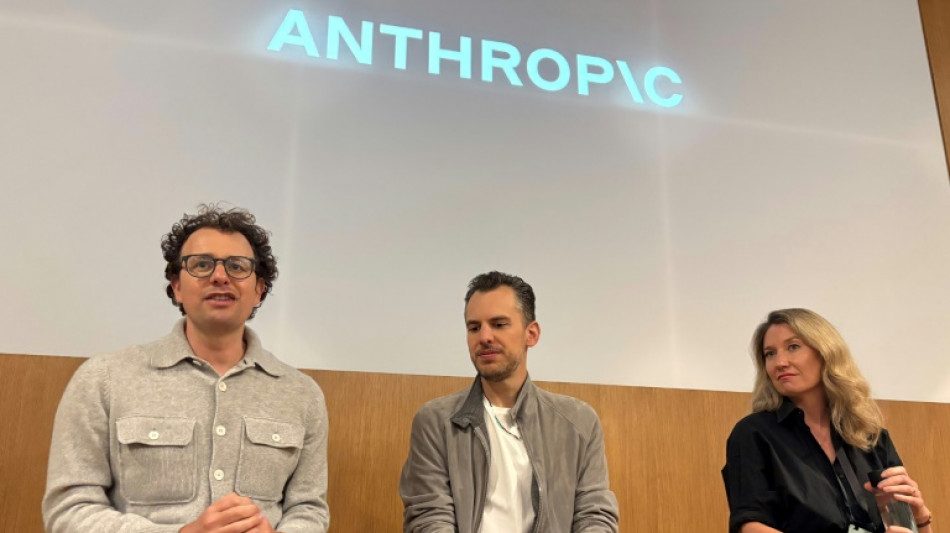

Anthropic valued at $183 bn in new funding round
Anthropic announced Tuesday that it raised $13 billion in a funding round valuing the artificial intelligence startup at $183 billion.
The company will use the capital infusion to expand capacity, deepen safety research, and support international expansion.
Anthropic, known for its Claude chatbot and AI models, competes with offerings from Google, OpenAI, Meta, and Microsoft in a generative AI race that is costing tens of billions of dollars.
According to reports, Anthropic's main rival, ChatGPT maker OpenAI, is in discussions to allow employees to cash out shares in a transaction that would value the company at about $500 billion.
The sky-high valuations come despite emerging doubts about whether the financing of generative AI startups is sustainable, with companies requiring high spending for computing and chips while revenue struggles to keep pace.
"We are seeing exponential growth in demand across our entire customer base," Anthropic Chief Financial Officer Krishna Rao said in a blog post. "This financing demonstrates investors' extraordinary confidence in our financial performance."
Heavily backed by Amazon, Anthropic was founded in 2021 by former OpenAI executives.
The company positions itself as focused on AI safety and responsible development.
The San Francisco-based startup said it has more than 300,000 business customers and that the number of accounts on pace to generate more than $100,000 annually is nearly seven times larger than a year ago.
The funding round was led by investment firm ICONIQ Growth, Lightspeed Venture Partners, and Fidelity Management and Research Company.
Anthropic said it has grown rapidly since Claude's initial release in early 2023, with its annual revenue rate quintupling to $5 billion since early this year.
The company last week settled a class-action lawsuit with a group of US authors; details of the settlement were not disclosed.
A federal judge in June sided with Anthropic regarding training its artificial intelligence models on copyrighted books without authors' permission. However, the judge ruled that downloading pirated copies to build a general-purpose library constituted copyright infringement, regardless of eventual training use.
K.al-Isa--BT




